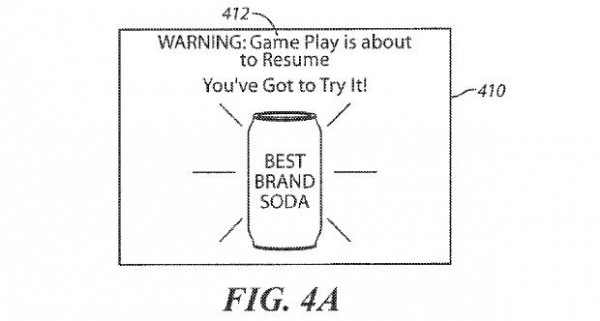Regulator prepared to take "enforcement action" if games breach fairness standards
The Office of Fair Trading has contacted a number of games developers and publishers as part of a major new investigation to determine whether existing free-to-play games are acting entirely within the law.
The London-based regulator told CVG that it could not name the companies which it is speaking with, but in a statement said: "As part of the investigation, the OFT has written to companies offering free web or app-based games, seeking information on in-game marketing to children."
Crucial to its investigation is determining whether free-to-play games are "misleading, commercially aggressive or otherwise unfair".
The group explained: "In particular, the OFT is looking into whether these games include 'direct exhortations' to children - a strong encouragement to make a purchase, or to do something that will necessitate making a purchase, or to persuade their parents or other adults to make a purchase for them."
A direct exhortation is commonly interpreted as something as unambiguous and direct as "buy now". The OFT is stating that such practices would be "unlawful under the Consumer Protection from Unfair Trading Regulations Act of 2008".
The issue of free-to-play games has flared up in recent months, particularly after publisher EA made the practice central to its driving sim, Real Racing 3. A company executive responded to the outrage by claiming that free-to-play haters "are a vocal minority".
But if free-to-play games are found to be in violation of established law, it could single-handedly transform how games companies apply the model. One outcome is that freemium games would be available to adults only, or that tighter restrictions will be in place on such games that are available to children.
It could also mean that the hassle of overcoming regulation would result in reduced investment in freemium titles.
The OFT told CVG that, should it find any free-to-play games in breech of its trading standards, its publisher will be asked to remove such elements from the game. It also said it has the power to take games companies to court, should they ignore requests.
On the issue of companies outside Britain, the OFT said it is "speaking to international regulators".
Parents and consumer groups are also encouraged to contact the group.
Cavendish Elithorn, a senior director at OFT, said the regulator "is not seeking to ban in-game purchases".
"We are concerned that children and their parents could be subject to unfair pressure to purchase when they are playing games they thought were free, but which can actually run up substantial costs.
"The games industry must ensure it is complying with the relevant regulations so that children are protected. We are speaking to the industry and will take enforcement action if necessary."
http://www.computerandvideogames.co...uld-be-unlawful-warns-office-of-fair-trading/
Take your pick...
"Games devs should be more careful"?
"Parents should understand better"?


